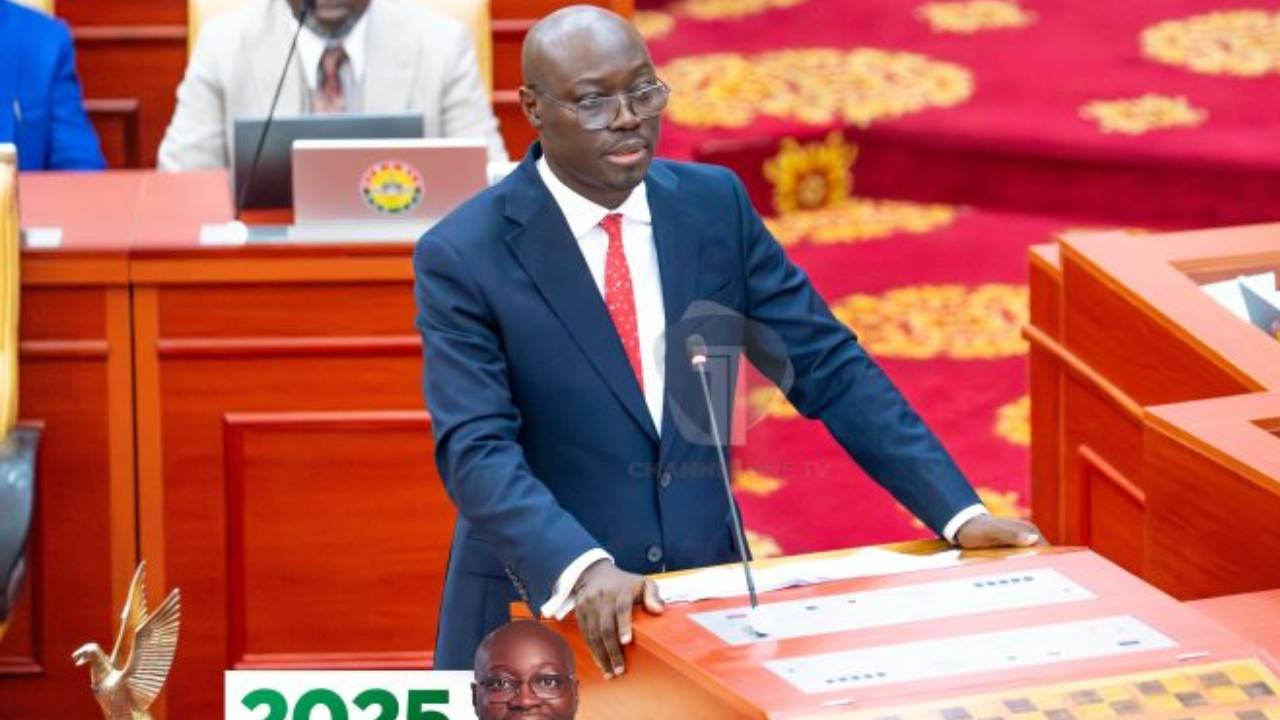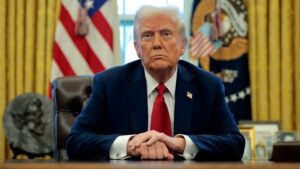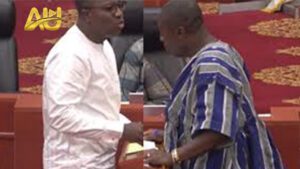The government has scrapped several taxes in its 2025 Budget to ease the financial burden on citizens and businesses. Finance Minister Dr. Cassiel Ato Forson made the announcement during his budget presentation in Parliament.
According to Dr. Forson, the tax cuts aim to promote economic growth, enhance business competitiveness, and boost consumer confidence. The major tax removals include:
- Electronic Transfer Levy (E-Levy): The 1% charge on electronic transactions has been scrapped.
- Emission Levy: Taxes on industries and vehicles emitting carbon emissions have been removed.
- VAT on Motor Vehicle Insurance Policies: The government has eliminated VAT charges on motor insurance premiums.
- 1.5% Withholding Tax on Unprocessed Gold: Small-scale miners will no longer be taxed on gold winnings.
Measures to Stabilize the Exchange Rate
To support exchange rate stability, the government has introduced the following policies:
- GoldBod Initiative: A new scheme to increase foreign exchange reserves by leveraging Ghana’s gold resources to support the cedi.
- Foreign Exchange Forward Auctions: The Bank of Ghana will continue forex auctions to stabilize the currency market.
- Fiscal Consolidation: The government will cut public sector spending and reduce the fiscal deficit to ease exchange rate pressures.
- 24-Hour Economy Policy: This initiative will promote local production and reduce reliance on imports, thereby lowering forex demand.
Strategies to Reduce Inflation
The government has also introduced measures to curb inflation and ensure economic stability, including:
- Agriculture for Economic Transformation Agenda: A strategy to boost food production and curb food price inflation.
- Reducing Essential Costs: Policies aimed at lowering transportation and utility costs, which significantly impact inflation.
- Fiscal Discipline: Strengthening financial management to reduce the budget deficit and government borrowing.
- Exchange Rate Stability: Measures to stabilize the cedi and control the cost of imported goods and fuel.
- Monetary Policy Support: Continued collaboration with the Bank of Ghana to manage liquidity and sustain the disinflation process.
These tax cuts and economic strategies are expected to create a more favorable environment for businesses and individuals while ensuring long-term economic stability.




